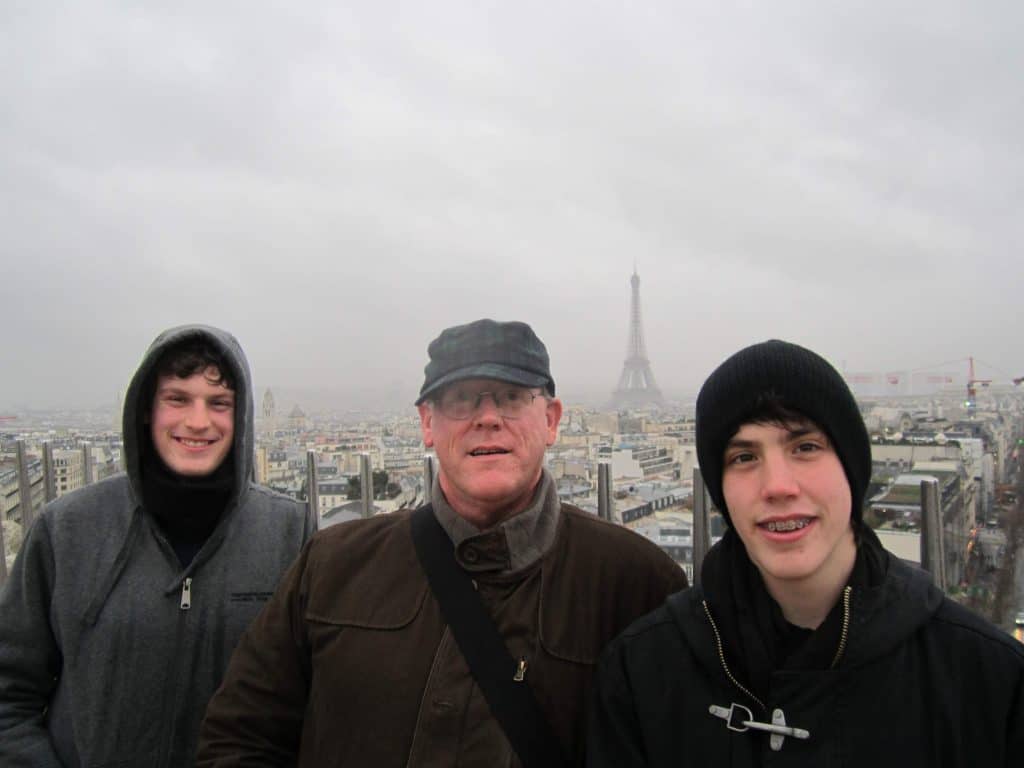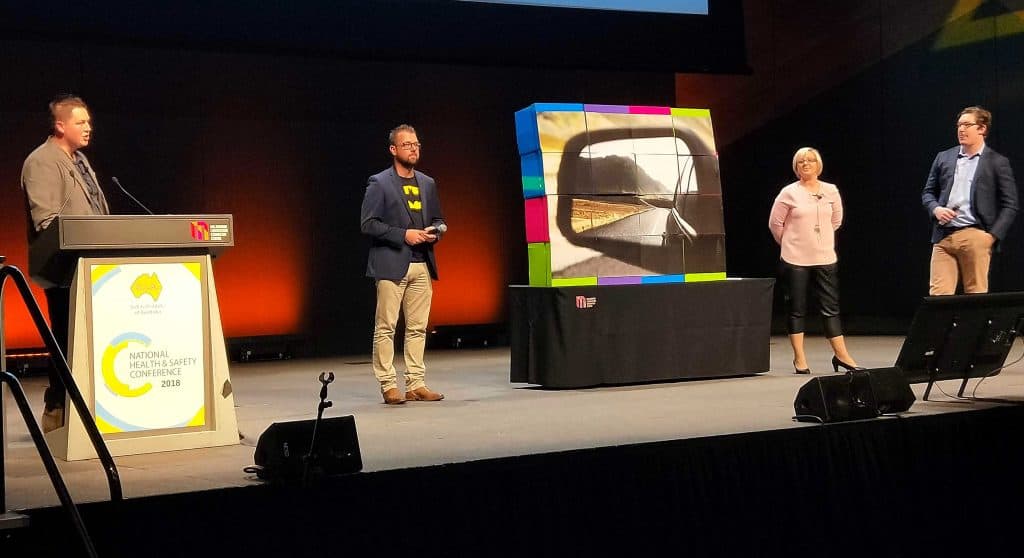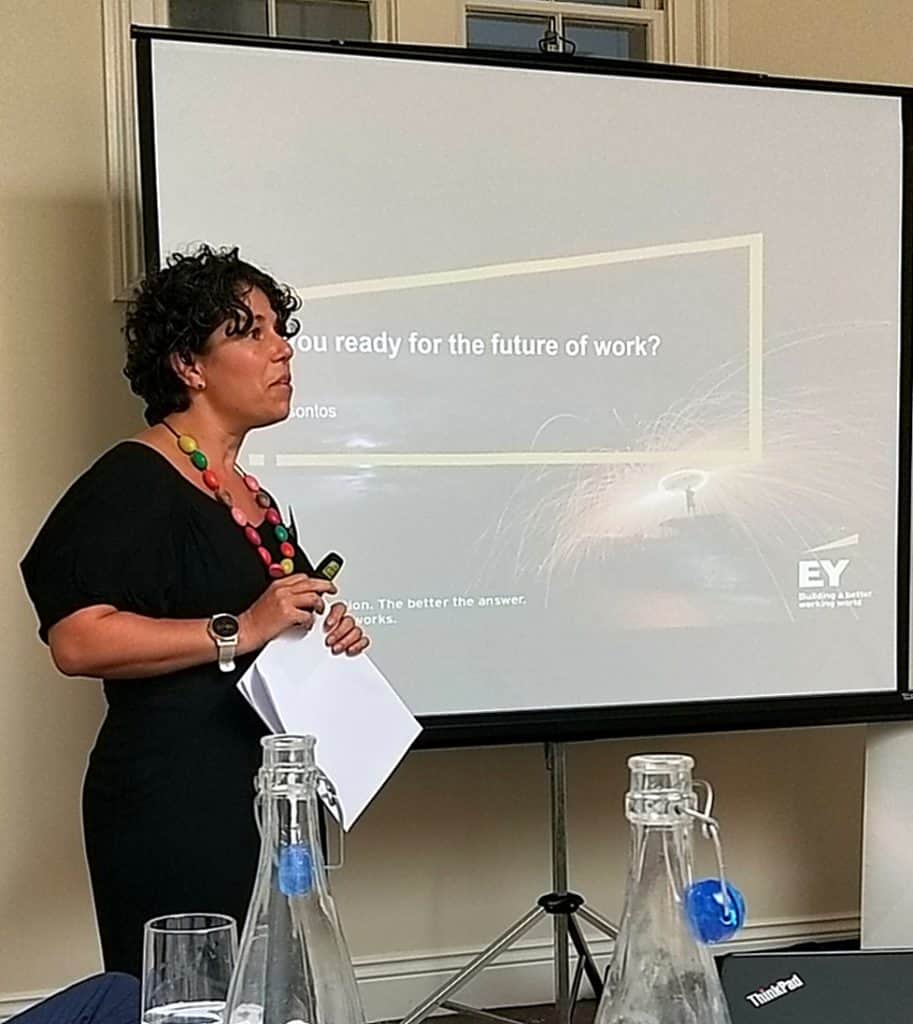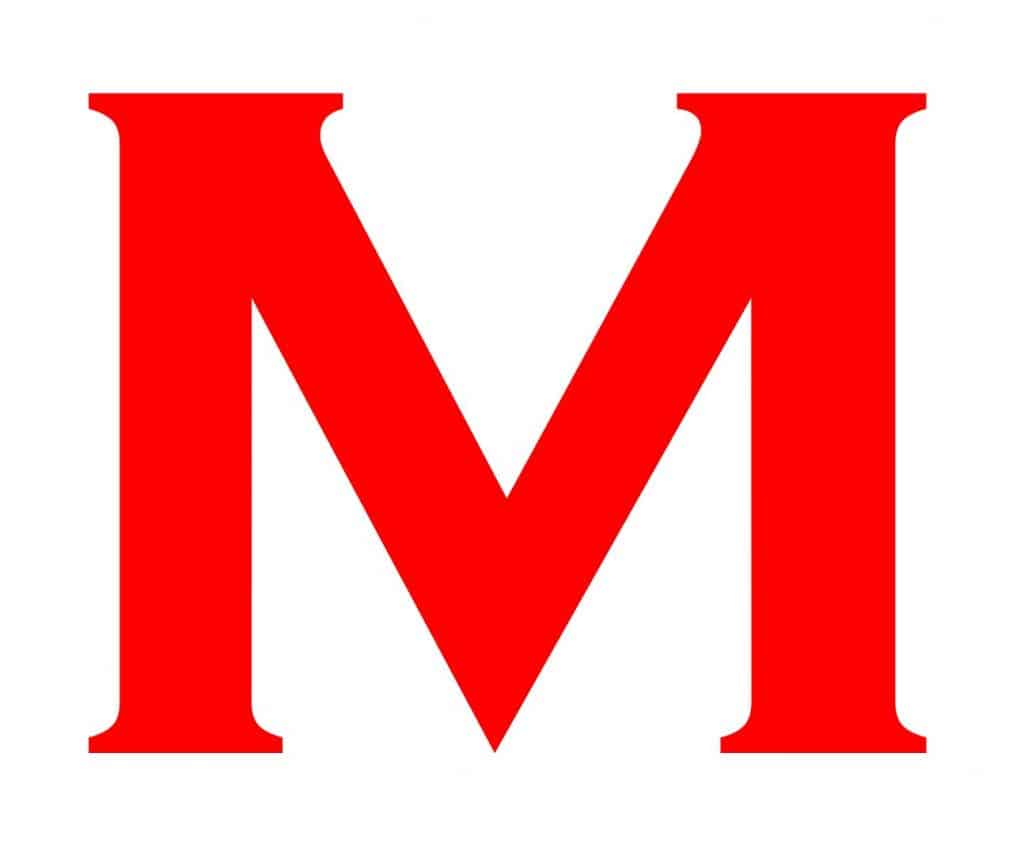
I thought I might follow Wade Needham’s reflections and thoughts with my own. Indulgent? Maybe.
How did you get into Health & Safety?
My first contact with workplace health and safety was as an Administrative Officer in the Victorian Department of Labour in the late 1980s before moving to the Occupational Health and Safety Authority, the precursor to WorkSafe Victoria, in the early 1990s. I worked in the Major Hazards Branch and was involved in preparing options for the relocation of the Coode Island chemical storage facility before it exploded.
What drives you?
Continue reading “Kevin Jones”The Health and Safety profession has been notoriously shy in expressing opinions for many reasons including timidity, insecurity and laziness. This reluctance has contributed to the dominant perspective of H&S as a business nuisance rather than a profitable aid to business. My frustration with this caused me to write and speak about H&S as an unavoidable and legitimate element of business.






